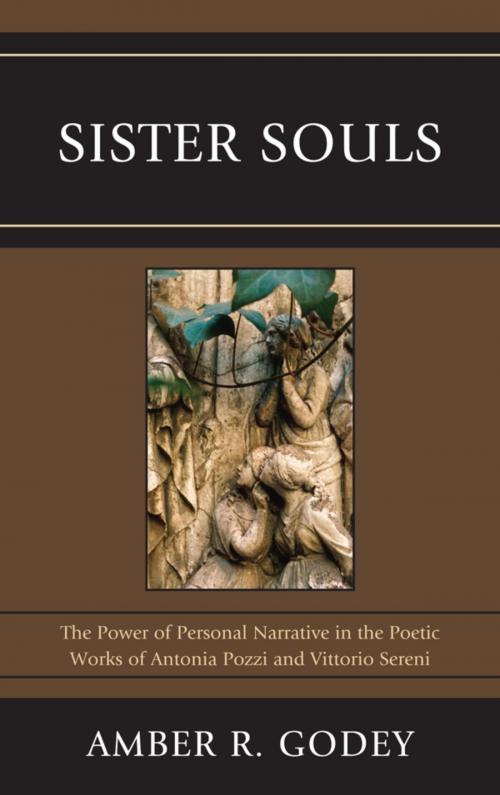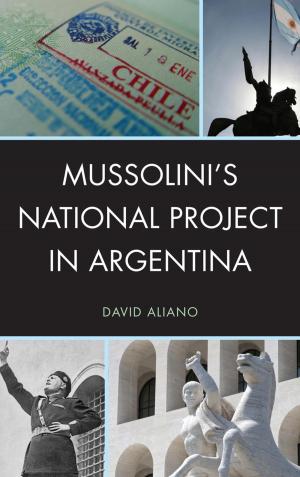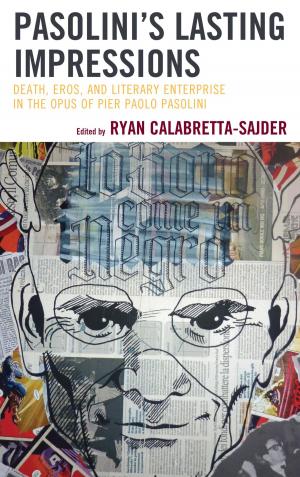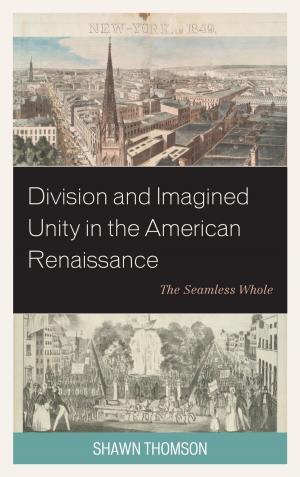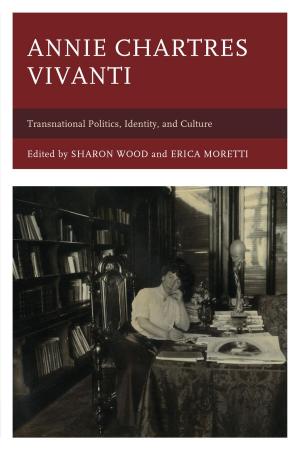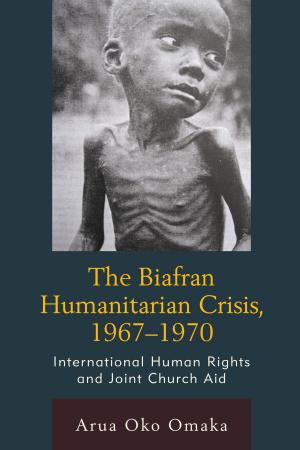Sister Souls
The Power of Personal Narrative in the Poetic Works of Antonia Pozzi and Vittorio Serini
Fiction & Literature, Literary Theory & Criticism, Poetry History & Criticism| Author: | Amber R. Godey | ISBN: | 9781611470338 |
| Publisher: | Fairleigh Dickinson University Press | Publication: | October 26, 2011 |
| Imprint: | Fairleigh Dickinson University Press | Language: | English |
| Author: | Amber R. Godey |
| ISBN: | 9781611470338 |
| Publisher: | Fairleigh Dickinson University Press |
| Publication: | October 26, 2011 |
| Imprint: | Fairleigh Dickinson University Press |
| Language: | English |
This book focuses on the autobiographical poetry of early twentieth century author Antonia Pozzi and her lifelong friend and fellow poet, Vittorio Sereni. Antonia Pozzi, an author whose popularity in Italy has increased dramatically in the past few years, was a young girl during the First World War. She was born into a wealthy and influential family, and, after the rise of Fascism, her father was a prominent state official. In 1938 Pozzi committed suicide at the age of twenty-six. Her major collection of poems, Parole, was published posthumously. Pozzi’s best friend, "brother" and most devoted confidant, Vittorio Sereni, is a more recognizable figure in Italian literary history. Born in 1913, a year after Pozzi, he served in the Italian Army during World War II, and was held in an allied prison camp in Algeria during the last years of the war. While Sereni is by far the better-known author, his response to the war experience and, particularly, to imprisonment recalls Pozzi’s work on a number of levels. In the “diaries” of both authors, autobiography functions as a means of constantly reasserting the self as a unique and separate individual against the totalizing forces of Fascist propaganda.
This book focuses on the autobiographical poetry of early twentieth century author Antonia Pozzi and her lifelong friend and fellow poet, Vittorio Sereni. Antonia Pozzi, an author whose popularity in Italy has increased dramatically in the past few years, was a young girl during the First World War. She was born into a wealthy and influential family, and, after the rise of Fascism, her father was a prominent state official. In 1938 Pozzi committed suicide at the age of twenty-six. Her major collection of poems, Parole, was published posthumously. Pozzi’s best friend, "brother" and most devoted confidant, Vittorio Sereni, is a more recognizable figure in Italian literary history. Born in 1913, a year after Pozzi, he served in the Italian Army during World War II, and was held in an allied prison camp in Algeria during the last years of the war. While Sereni is by far the better-known author, his response to the war experience and, particularly, to imprisonment recalls Pozzi’s work on a number of levels. In the “diaries” of both authors, autobiography functions as a means of constantly reasserting the self as a unique and separate individual against the totalizing forces of Fascist propaganda.
